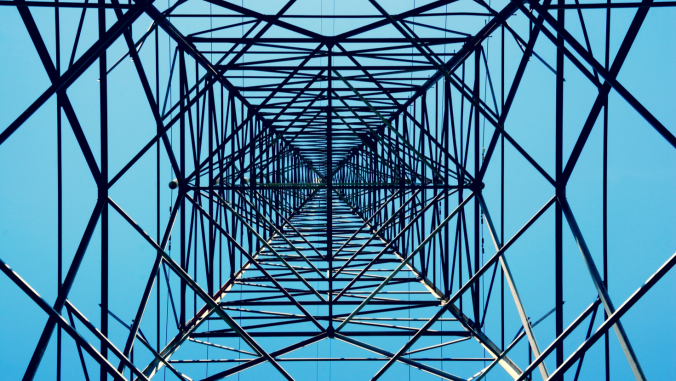Trudeau raises Canada's hope for climate turnaround
The new Prime Minister promises more aggressive climate change policy.

Canada has ousted its incumbent Prime Minister Stephen Harper after nine years at the top, electing Liberal Justin Trudeau in a landmark federal election result that has raised hopes of a change in the country's climate change policy.
Harper was unexpectedly defeated in Monday's federal election, with Trudeau sweeping to power with 39.5 percent of the vote — awarding him a 14 seat parliamentary majority.
During his election campaign Trudeau promised to provide an alternative to the climate sceptic attitude of his predecessor, who endorsed high-carbon tar sands oil extraction, pulled out of the Kyoto Protocol and placed restrictions on the media activity of the country's climate scientists.
Trudeau spoke out against Harper's policies during a September election debate. "Mr Harper continues to pretend that there is a choice between environment and economy. He chooses to say that you cannot build a strong economy if you're protecting the environment — and that has been his failure," he said.
Unlike his predecessor, Trudeau has also said he will attend the Paris summit in person.
The new leader is expected to be more engaged than Harper in the upcoming international climate summit taking place in Paris next month. As part of national pledges submitted by countries ahead of the Paris climate summit, Canada has committed to cutting its greenhouse gas emissions by 30 percent by 2030, based on a 2005 baseline — a target that was widely criticised for lacking ambition.
Trudeau has not committed to revising this pledge upwards. However, he has pledged to meet with leaders of Canada's 10 provinces to discuss the potential for a revised emissions reduction plan after the Paris talks wrap up. Unlike his predecessor, Trudeau has also said he will attend the summit in person, rather than sending a minister.
He has also said he will honour a G20 pledge to phase out fossil fuel subsidies and promised to invest $200 million every year in clean technology.
His election follows last month's ousting of climate sceptic Australian PM Tony Abbott by Malcom Turnbull, which fuelled speculation over the future of Australia's climate strategy. The former Prime Minister had been a bête noire for green businesses and environmental campaigners, voicing skepticism about climate change science and rolling back a host of policies designed to deliver emissions cuts across the Australian economy.
Climate campaigners have expressed hope that the high-profile changes in leadership from two of the world's heavy emitters could have a significant impact on each country's climate policies.
In response to the Canadian election result, director of the Earth Institute Jeffrey Sachs tweeted that he hoped Trudeau's victory might restore "climate sanity."
Meanwhile Elizabeth May, leader of Canada's Green Party, has reportedly already offered her assistance to Trudeau in the run-up to the Paris summit.





